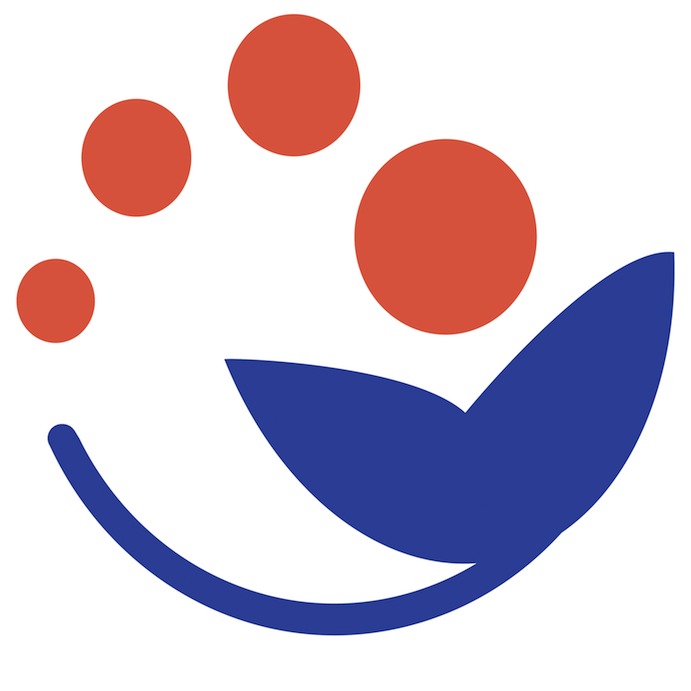Introduction
The 3rd International Cancer Congress (ICC20) was held in Janakpur, Nepal on March 6-7, 2020. This live-interactive educational activity was intended to improve the care of cancer patients in South Asia by educating cancer care providers about the latest developments in the field of cancer, and their applications in a local context. The meeting featured lectures and discussions among experts in the field of hematology and oncology, a scientific abstract presentation session, and updates from the American Society of Clinical Oncology (ASCO) and American Society of Hematology (ASH) annual meetings. This activity is the 3rd cancer conference organized by the Binaytara Foundation in Janakpur, Nepal.
A total of 76 participants from Nepal, India, the UK, and the USA attended this meeting, which included lectures and discussions among national and international (6) faculties from the US and The UK.
During the conference a total of 9 abstracts were presented; Dr. Suzita Hirachan was awarded the ICC-NCEF Young Scientist award for the abstract “Prevalence of Molecular Subtypes of Breast Cancer in Nepal”, presented during the meeting. Dr. Bikash Sah and Mr. Jitendra Yadav were awarded a certificate of appreciation for supporting the Binaytara Foundation Cancer Center.
This medical education activity had the following educational objectives:
At the conclusion of the activity, participants will be able to:
- Discuss new and updated treatment options for patients with hematologic malignancies and solid tumors
- Identify indications, contraindications, and side effects of various treatment modalities for cancer and how to effectively manage those side-effects
- Review data presented at ASCO 2020 and discuss their application in clinical settings
The following teaching-learning methodologies were implemented to achieve the intended outcome goals:
- Didactic lectures
- Scientific abstract sessions
- Debates
- Q&A sessions
Post-activity Evaluation
We collected a post-activity evaluation survey from participants after the activity. Overall, the participants rated the activity very highly. 42% of the participants rated the activity as excellent, 33% as very good, and 25% as good. All of our faculty and speakers were rated between good and excellent; out of 20, the majority of the attendees rated 11 as “very good or excellent”, while the rest were rated as “good”. 92% of those who completed the survey said that the activity had practical application in their professional needs. All respondents stated that they felt the program was fair and balanced and free from commercial bias.
43% of the attendees said that the activity validated their current practice and won’t make any changes; and another 43% said that they will create/revise protocols, policies, and procedures. When asked which area of their practice was most impacted by the activity, 42% checked knowledge, 17% competence, 17% performance, and 25% patient outcome.
Between 83% to 92% of the attendees believe that all the objectives of the program were met during the activity. Attendees who completed the survey checked that the following competencies were met: 13% patient care, 17% medical knowledge, 10% system-based practice, 8% interpersonal and communication, 8% professionalism, 10% practice-based learning and improvement, 12% interdisciplinary teams, 8% employ evidence-based practice, 8% quality improvement, and 5% utilize informatics.
Of those who completed the survey, 64% had been practicing for 1-3 years, 9% 4-6 years, 18% 7-10 years, while only 9% had been practicing for more than 10 years. The majority of the attendees (75%) were MDs.
Feedback for future activity planning:
- Include more faculties in surgical oncology
- Attract more delegates and speakers
- Topics like musculoskeletal malignancies, childhood malignancies, and gynecological malignancies should have different sections
- Increase the participation of medical personnel from various faculty
- Improve technical aspects
